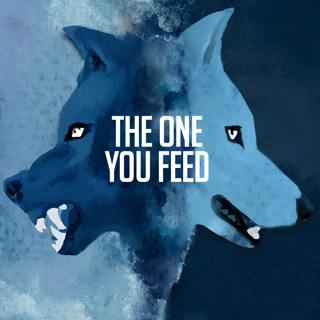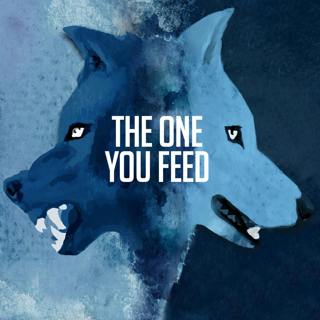
Listen Now: Decoding Women’s Health with Dr. Elizabeth Poynor
Here’s a preview of a new show from our friends at Pushkin Industries and the Atira Health and Research Institute. On Decoding Women’s Health, Dr. Elizabeth Poynor makes the science of women’s health ...
17 Joulu 202552min

Designing a Life That Supports You: Presence, Beauty, and the Power of Environment with Nate Berkus
In this episode, Nate Berkus explores what it really means to design a life that supports you—not through perfection, but through presence, beauty, and the power of environment. Drawing from decades o...
16 Joulu 20251h

When Your Brain Won’t Fit the World: Finding Your Creative Path with ADHD with Andy J. Pizza
In this episode, Andy J. Pizza joins Eric Zimmer for When Your Brain Won’t Fit the World: Finding Your Creative Path with ADHD, a conversation about creativity, identity, and what happens when you sto...
12 Joulu 20251h 2min

The Price of Wanting: How Desire Shapes Happiness, Fulfillment, and Who We Become with Eric Jorgenson
In this episode, Eric Jorgensen discusses the price of wanting and how desire shapes happiness, fulfillment, and who we become. He explores the power of useful beliefs, agency, and a growth mindset. E...
9 Joulu 20251h 1min

From Family Secrets to Self-Discovery: How Understanding Our Past Heals Us with Carmen Rita Wong
In this episode, Carmen Rita Wong shares her journey from learning family secrets to self-discovery and how understanding our past heals us. She delves into forgiveness, personal responsibility, and ...
5 Joulu 20251h 6min

You Become What You Practice: What It Takes to Heal Individually and Collectively with Prentis Hemphill
In this episode, Prentis Hemphill discusses how you become what you practice and what it takes to heal individually and collectively. Prentis explains how healing as an ongoing practice, the importanc...
2 Joulu 20251h 3min

Embracing Uncertainty: The Key to True Intimacy and Connection in a Chaotic World with Prince EA
In this episode, Prince EA discusses the importance of embracing uncertainty as he delves into the key to true intimacy and connection in a chaotic world. He explores what it means to be truly present...
28 Marras 202557min

How to Live Gratefully When Life Isn’t Going Your Way with Kristi Nelson
In this episode, Kristi Nelson discusses how to live gratefully when life isn’t going your way. She explores how to learn to cultivate unconditional gratitude – appreciating life itself, even amidst d...
25 Marras 202554min






















